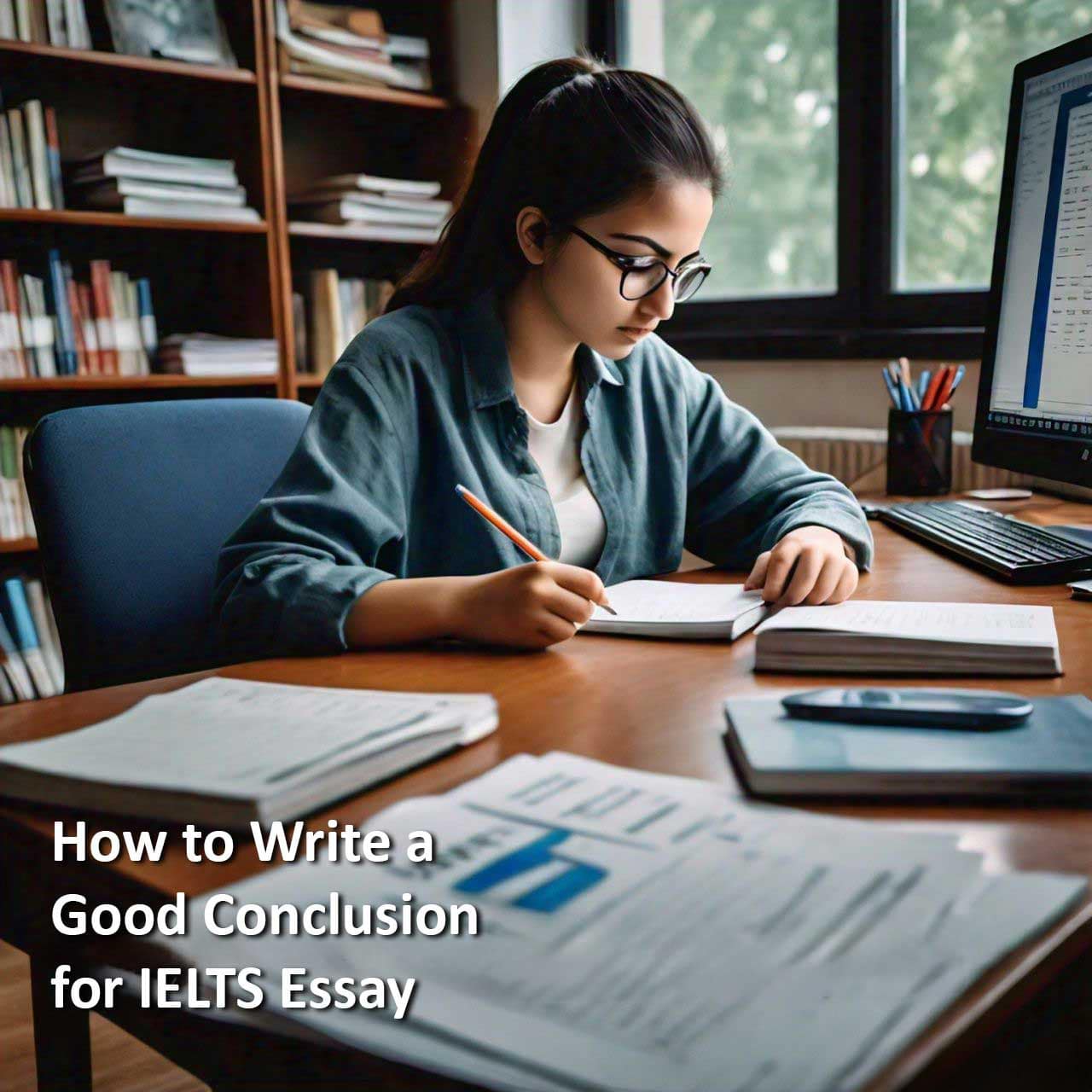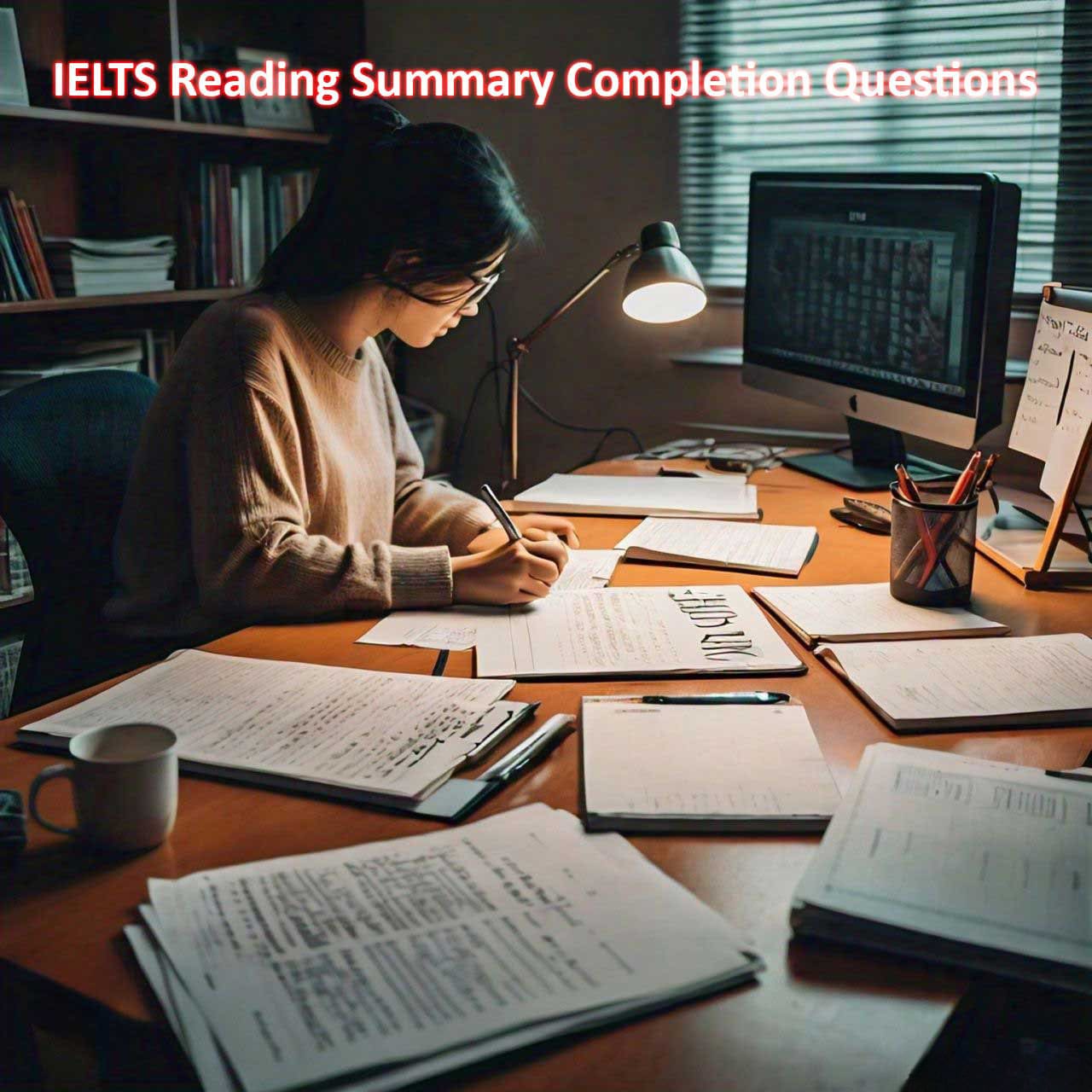The IELTS Reading test can be daunting, especially when faced with long and complex passages. Many test-takers struggle with managing their time and maintaining concentration throughout the test. However, with the right strategies and consistent practice, you can effectively handle long passages and improve your reading score. Here’s how:
Table of Contents
Understanding the IELTS Reading Test
The IELTS Reading test consists of 40 questions spread across three sections, each containing a passage of increasing difficulty. These passages are taken from books, journals, magazines, and newspapers, covering a range of topics. The challenge lies not just in understanding the text but also in answering questions accurately within the given time.
Strategies for Handling Long Passages
1. Skim for the Main Idea
Begin by skimming the passage to get a general sense of its content and structure. Focus on the title, subheadings, and the first and last sentences of each paragraph. This will help you understand the main idea and the overall flow of the passage without getting bogged down in details.
2. Scan for Specific Information
After skimming, scan the passage for specific information related to the questions. Look for keywords or phrases from the questions and locate them in the text. This technique saves time as it allows you to directly find the relevant sections without reading the entire passage word-for-word.
3. Understand Question Types
Familiarize yourself with the different types of questions you might encounter, such as multiple-choice, true/false/not given, matching headings, and sentence completion. Understanding the requirements of each question type will help you tailor your reading approach and answer more effectively.
4. Break Down the Passage
Long passages can be overwhelming, so break them down into manageable chunks. Focus on one paragraph at a time, summarizing its main point in your mind before moving on. This can help maintain your concentration and make the passage more digestible.
5. Take Notes and Highlight
While reading, take brief notes or highlight key points and keywords. This can help you keep track of important information and easily refer back to specific sections when answering questions. However, avoid excessive note-taking, as it can consume valuable time.
6. Time Management
Allocate your time wisely. Spend no more than 20 minutes on each passage, including reading and answering questions. If you find yourself stuck on a difficult question, move on and come back to it later. Prioritizing easier questions first can boost your confidence and ensure you cover more ground.
7. Practice Active Reading
Engage with the text actively by asking yourself questions about the content, structure, and purpose of the passage. Active reading helps improve comprehension and retention, making it easier to answer questions accurately.
8. Enhance Your Vocabulary
A strong vocabulary is crucial for understanding complex texts. Regularly read a variety of English materials and make note of unfamiliar words. Use vocabulary-building tools and techniques, such as flashcards and word lists, to expand your lexicon.
9. Practice with Real IELTS Materials
Use official IELTS practice tests and materials to simulate the test experience. These resources provide a realistic understanding of the test format, question types, and difficulty level, allowing you to hone your skills effectively.
Staying Focused and Calm
Long passages can be mentally exhausting, so it’s important to stay focused and calm. Here are a few tips:
1. Stay Positive
Maintain a positive attitude throughout the test. Confidence can significantly impact your performance. Remind yourself that you’ve prepared well and are capable of handling the passage.
2. Take Short Breaks
If you feel your concentration waning, take a brief mental break. Close your eyes, take a few deep breaths, and then refocus on the task. Short breaks can help reset your focus and reduce stress.
3. Avoid Overthinking
Don’t overanalyze or second-guess your answers. Trust your instincts and the strategies you’ve practiced. Overthinking can lead to unnecessary errors and wasted time.
Final Thoughts
Handling long passages in the IELTS Reading test requires a combination of effective strategies, time management, and consistent practice. By skimming and scanning, understanding question types, breaking down the passage, and practicing active reading, you can improve your comprehension and efficiency. Remember to stay focused, calm, and positive throughout the test. With dedication and the right approach, you can tackle even the longest passages with confidence and achieve your desired score. Good luck!



